7 Critical Questions to Ask Before Buying a City Outskirts Property
Thinking of buying a home on the city’s edge? Discover 7 smart questions to ask before investing in a city outskirts property. From connectivity to legal checks—make an informed move with Ceyone.
As urban real estate prices soar, more homebuyers and investors are exploring the potential of city outskirts properties—those located just outside the heart of major cities. These locations often offer better affordability, more space, and the promise of long-term growth.
But while a property on the outskirts of the city may seem appealing, it’s important to ask the right questions before committing. At Ceyone, we help buyers make smart, future-ready decisions. Here’s a guide to the 7 essential questions you should ask before investing in a city outskirts property.
1. What Future Infrastructure is Planned for the Area?
The true value of a city outskirts property often depends on future development. Are there plans for a new metro station, ring road, airport link, or tech park nearby? These projects can significantly boost property value over time.
Ask:
- Is the government investing in infrastructure here?
- Are private developers launching large-scale projects?
- How soon will the planned developments be operational?
A city outskirts property with strong infrastructure prospects can become tomorrow’s hotspot.
2. How Well-Connected is the Area to the City?
Connectivity is crucial when living outside city limits. While you may enjoy a quieter environment, you shouldn’t have to compromise on accessibility.
Ask:
- How long is the commute to major business districts?
- Are there good public transport options like buses, metro lines, or cabs?
- Are there multiple entry points to the area?
Look for a city outskirts property that offers smooth connectivity to the city center, business hubs, and daily conveniences.
3. Is the Developer Trustworthy?
In emerging areas, the credibility of the developer becomes even more important. A reliable developer ensures legal clarity, construction quality, and timely possession.
Before you book:
- Check the developer’s track record and delivery history.
- Verify RERA registration and necessary legal approvals.
- Read customer reviews or visit past projects.
At Ceyone, we only work with verified and reputed developers, so you don’t have to worry about the fine print.
4. What Kind of Lifestyle Does the Property Offer?
City outskirts properties often promise a more peaceful, community-driven lifestyle—but check if the project lives up to the brochure.
Consider:
- What amenities are available within the community (clubhouse, security, parks, gym)?
- Is the property part of a gated community or integrated township?
- Are there lifestyle conveniences like grocery stores, salons, or coworking spaces nearby?
Invest in a location that blends space with smart living—not just a home, but a lifestyle.
5. What is the Investment and Rental Potential?
Even if you’re buying to live, a city outskirts property should offer solid long-term value. Think ahead.
Ask:
- How have property prices moved in the area in the past 3–5 years?
- Is there growing demand from tenants (like IT professionals or students)?
- Are nearby locations seeing real estate interest and appreciation?
Fringe areas close to IT hubs or new employment zones often witness higher rental yields and resale value.
6. What About Social Infrastructure?
Social infrastructure includes the schools, hospitals, restaurants, and retail outlets that support day-to-day life. Many city outskirts may not yet be fully developed—so it’s important to assess what’s available now and what’s coming soon.
Ask:
- Are there schools, clinics, or malls within 5–10 km?
- Are there active communities living there or is it still developing?
- Will you need to travel frequently to the city for essentials?
Projects closer to well-planned social infrastructure offer better convenience and quality of life.
7. Is the Property Legally Clear?
This is one of the most crucial aspects when purchasing property, especially on the city’s edge where conversion and land usage might be in transition.
Ask:
- Is the land legally converted from agricultural to residential use?
- Are all approvals in place—RERA, occupancy certificate, building permits?
- Has the project been approved by major banks or legal bodies?
A legally sound project protects your money and your peace of mind. At Ceyone, our due diligence ensures that every project we represent is fully compliant and transparent.

Final Thoughts
A city outskirts property can be a smart move—offering more space, lower prices, and higher long-term returns. But only if you approach it with the right information. From future infrastructure to legal clearances and resale value, asking the right questions today ensures you won’t face regrets tomorrow.
Whether you’re a first-time buyer or a seasoned investor, Ceyone helps you find properties that are not just affordable—but future-ready, verified, and located in high-potential growth zones.
Let our experts guide you through verified city outskirts projects with strong ROI potential.

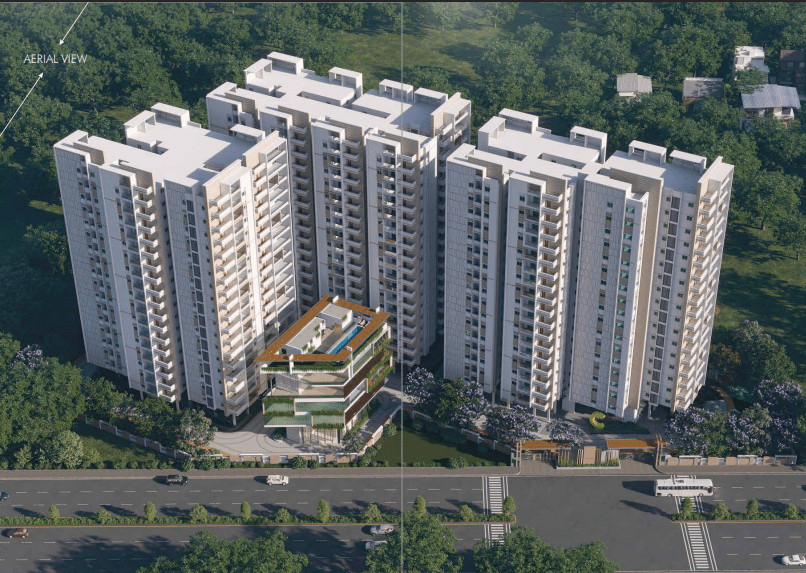
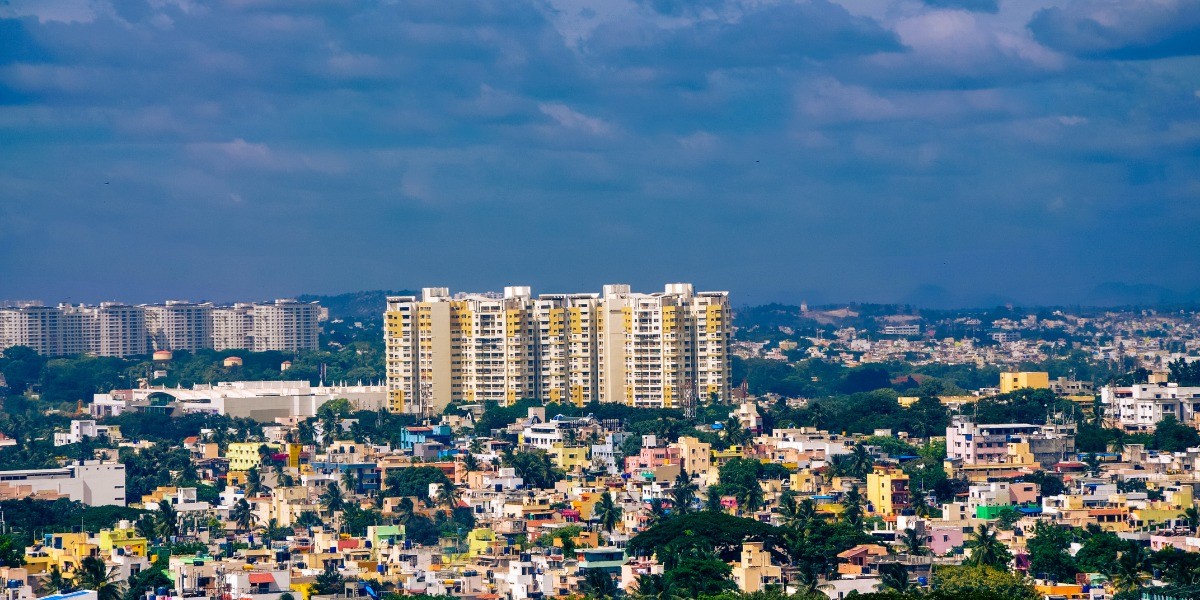
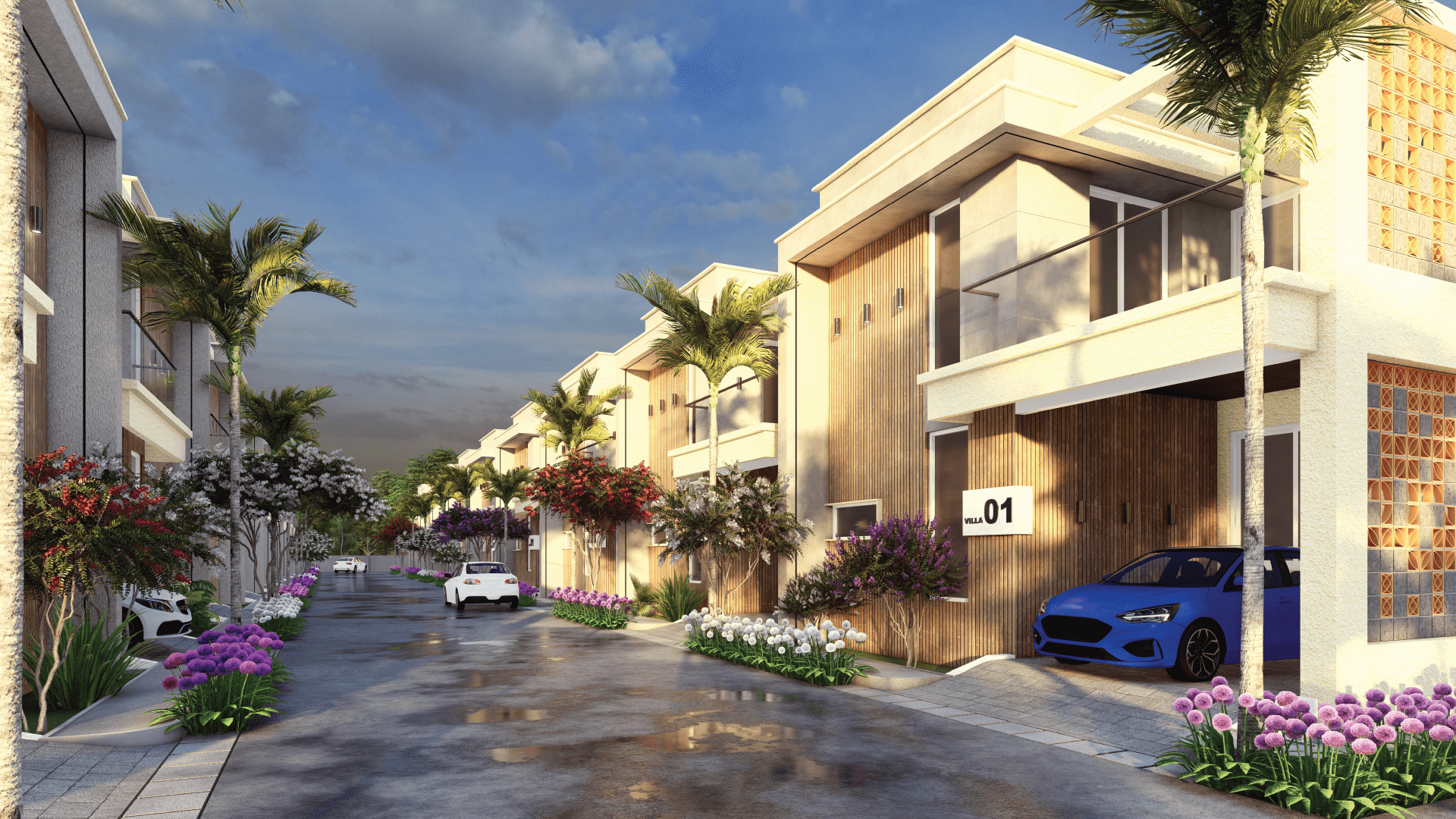





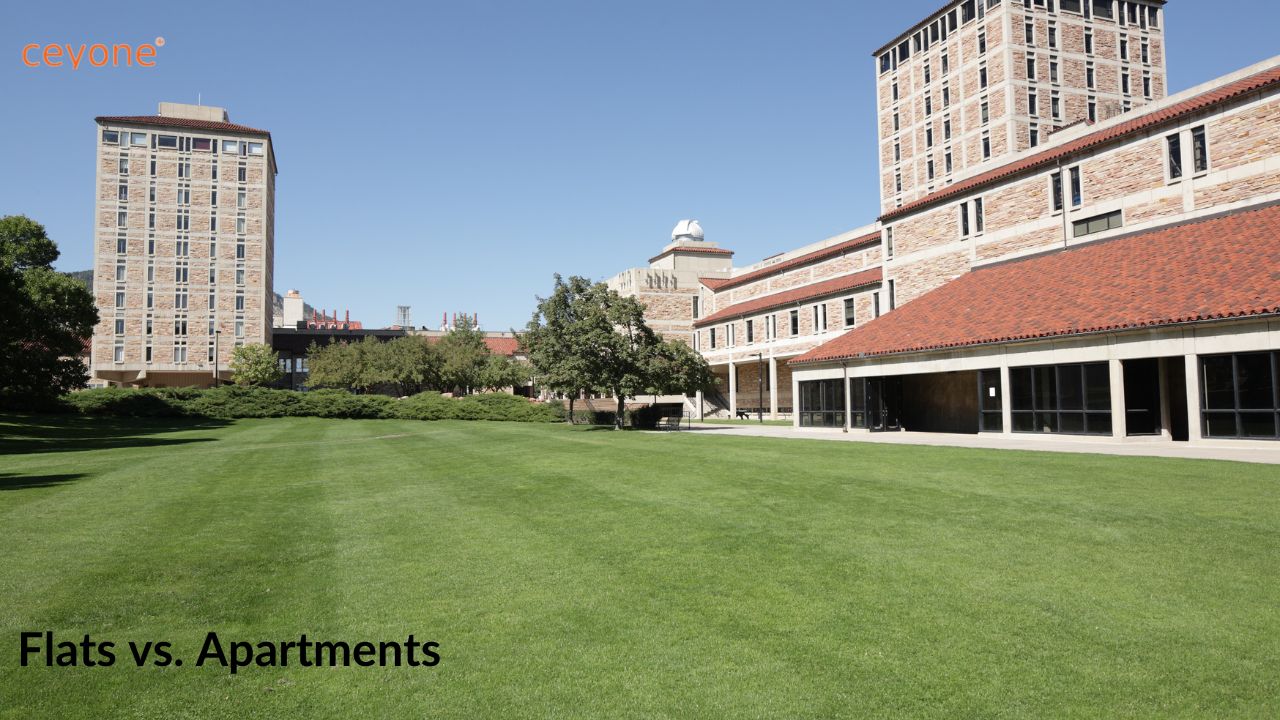
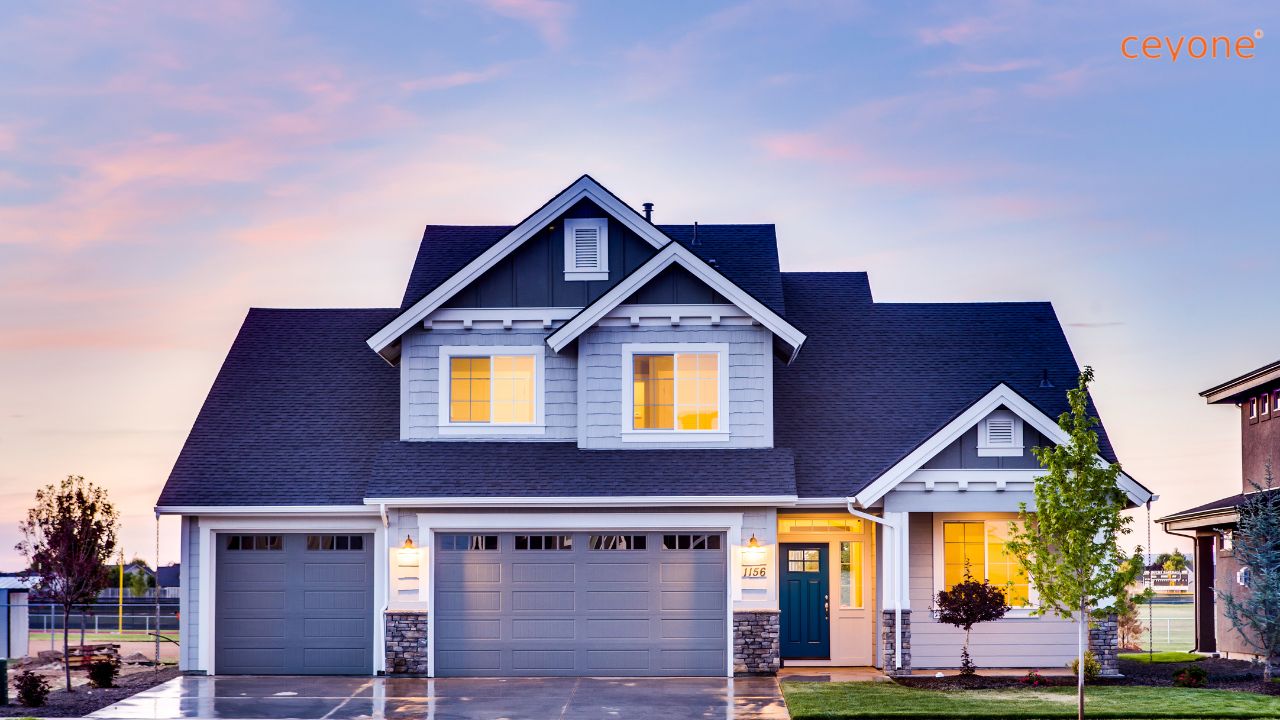

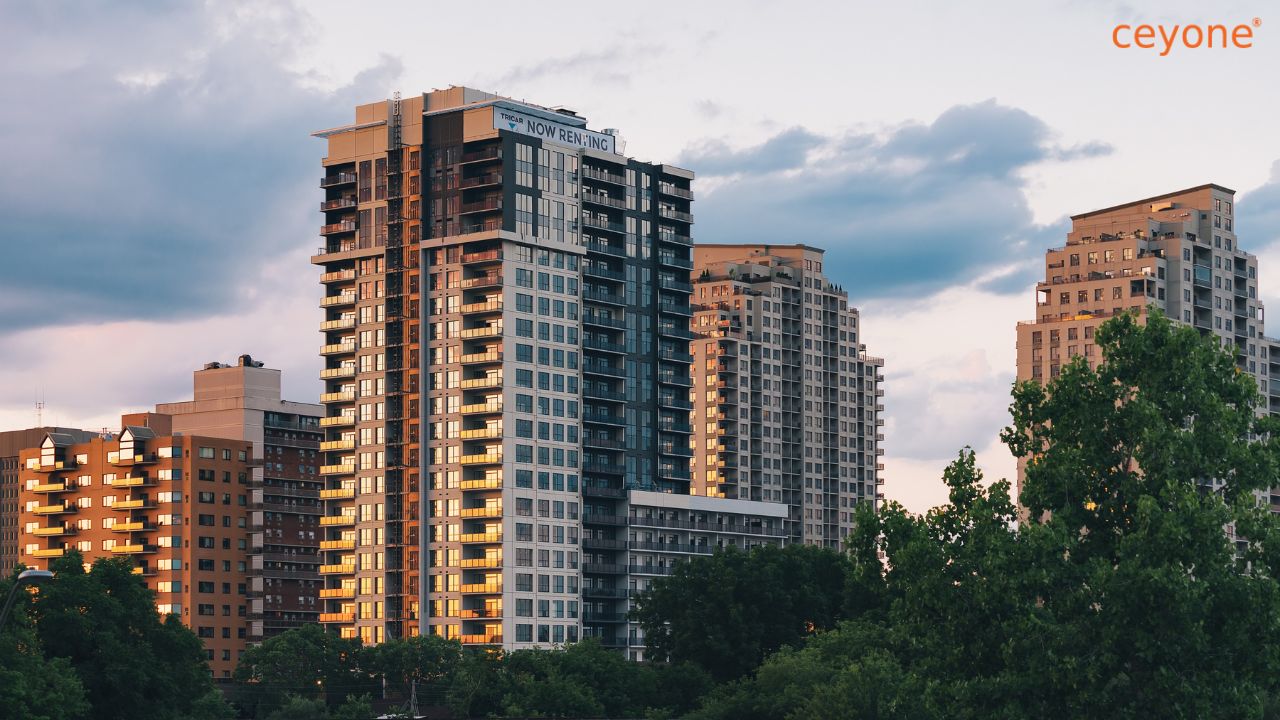

Post Comment